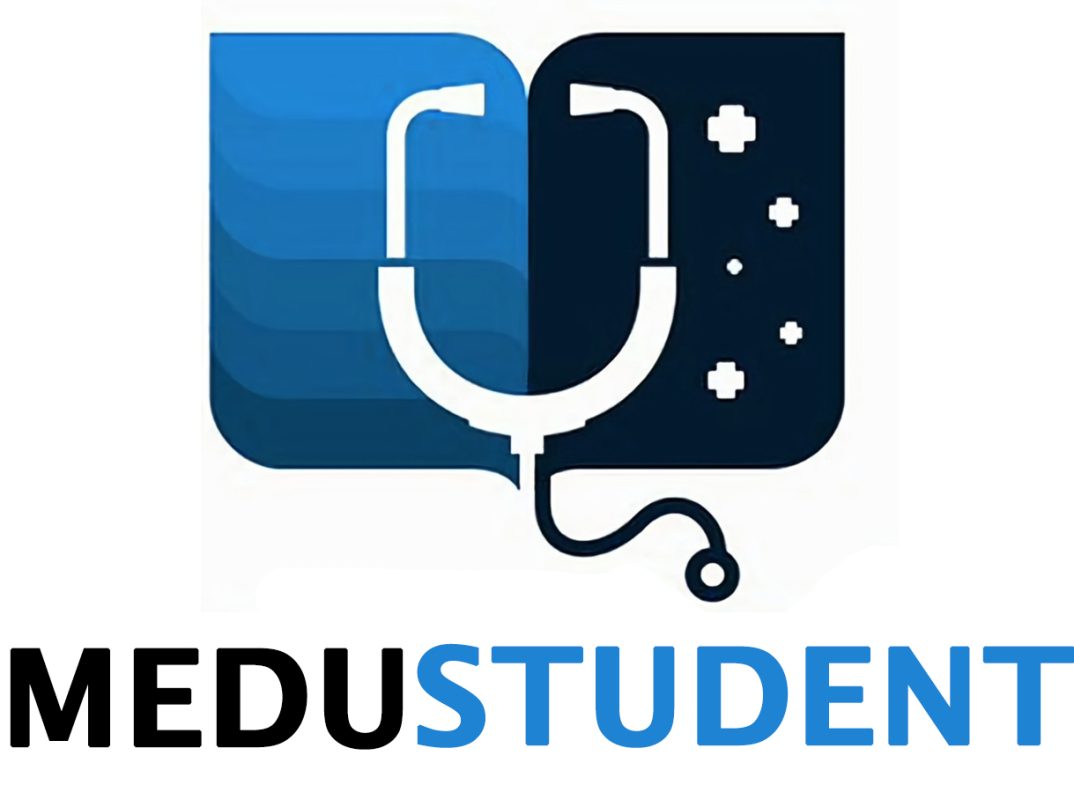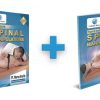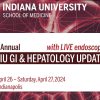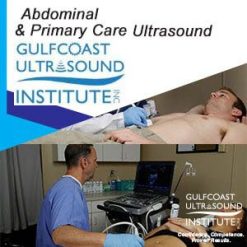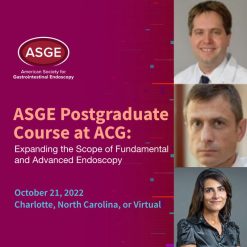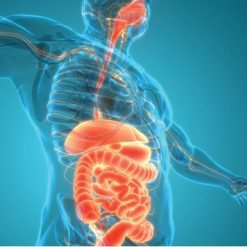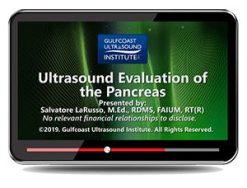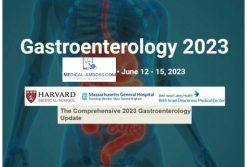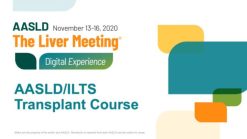UChicago Medicine John F. Gilmore Symposium on Nutrition and Small Bowel Disorders 2024
$10,00
This Product is shared via google drive download link, So please share your correct Gmail id while placing the order .Please note that there are no CME points or certificate associated with this course Samples for Courses Can be found here : Free Samples Here!
Include: 2 videos + 1 pdf, size: 2.28 GB
Categories: GIT, INTERNAL MEDICINE
Tags: GIT, INTERNAL MEDICINE
UChicago Medicine John F. Gilmore Symposium on Nutrition and Small Bowel Disorders 2024
Include: 2 videos + 1 pdf, size: 2.28 GB
Target Audience: gastroenterologists, gastroenterology trainees, internists
Information:
Equip yourself with cutting-edge nutrition therapy techniques and improve patient care!
This symposium is designed to fuel your passion for excellence in clinical practice while equipping you with the tools to manage small bowel and nutrition-related disorders. Get ready to dive into the dynamic world of energy metabolism, macronutrient, and micronutrient requirements.
Explore the intricate mechanisms of nutrient digestion and absorption, mastering the art of delivering optimal nutrition support through both enteral and parenteral routes.
With patient cases growing increasingly complex, there’s never been a more crucial time to enhance your skills. Seamlessly integrate medical nutrition therapies into disease management strategies, supporting your patients to thrive.
Join us as we demystify the critical role of nutrition support in disease management. From pancreatic disorders to eosinophilic gastrointestinal disorders, our expert-led sessions and interactive case studies will give you the expertise to tackle nutrition challenges confidently.
Don’t miss this opportunity to become a leader in nutrition management. Register now and embark on a journey toward optimal patient care!
Target Audience
This activity is designed for gastroenterologists, gastroenterology trainees, internists, advanced practice nurses, physician assistants, registered dietitians, nurses, and pharmacists dedicated to caring for patients with nutrition-related disorders.
Learning Objectives
After this activity, participants will be able to:
-
Recognize basic initial recommendations for patients to manage malnutrition;
-
State the basic mechanism of carbohydrate absorption and the impact of malabsorption and medications on gastrointestinal symptoms;
-
Outline the appropriate management of nutrition in patients presenting with acute and chronic pancreatitis;
-
Choose the appropriate enteral feeding tube based on a patient’s unique clinical condition;
-
Suggest the appropriate use of parenteral nutrition (PN) with an understanding of the basics of line choice and home monitoring;
-
Discuss the role of medical and nutrition-related therapies in eosinophilic gastrointestinal disorders;
-
Explain techniques for managing physiologic intolerances to enteral nutrition support and mechanical complications of enteral access devices (e.g., leaking, clogged, and connection incompatibilities).
Topics:
- Part 1.mp4
Part 2.mp4
Symposium Syllabus.pdf
Related products
$35,00
HARVARD MEDICINE
$45,00
